Francesca Moody’s name is a sign to pay attention. The Olivier-winning producer discovered the plays that led to two of the most successful TV shows in recent memory: Fleabag and Baby Reindeer. If a show has Moody’s backing, it has a higher-than-average chance of soaring to success.
But as Moody’s recognition has grown, so has the pressure to create a hit. “That is exciting,” she cautions as we slip into a small glass-walled room in her office off London’s Leicester Square. She looks surprisingly calm given the restaurants’ worth of plates she’s spinning. “But it’s also terrifying. The stakes are higher than they used to be.” She’s busy unleashing a new set of shows across the US and UK – including an entire miniature festival at the Edinburgh fringe – and has another Netflix show in development.
Risk is part of the producing game, and Moody’s threshold is high. She hadn’t raised the money for Richard Gadd’s Baby Reindeer until the week it was due to go on at the Edinburgh fringe in 2019. At that point, she didn’t have much of a buffer for the money not coming through. “I don’t know what I would have done,” she concedes. These days, she has greater financial stability. But there’s also more hanging in the balance. “It’s our company’s money,” she says, “our investors’ money, and ultimately my name.”
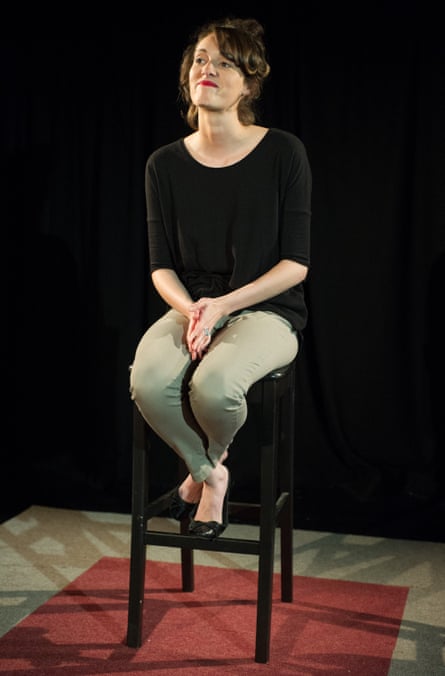
Moody now runs her own production company, Francesca Moody Productions, which has a knack, as she puts it, for “finding unusual, kooky, sometimes auteur-led work that doesn’t always immediately feel commercial”. It currently has nearly a dozen scripts at various stages of development, plus a film in the works and a first-look deal with Phoebe Waller-Bridge’s production company. “There are a few ideas on our plate now that we’re just itching to get in the room,” Moody says. The list sounds exhausting, but she seems energised.
Failures do happen. “Things go wrong every day,” she says, “on the good stuff, too.” But some mishaps are more marked than others. “We had a musical called Berlusconi,” a cautionary tale about the former Italian PM, “which was universally panned by critics.” She says it casually; this job demands rolling with the punches. “I stand by the boldness of the idea, and it was such a collegiate group of creatives, it was almost comical that it didn’t hit in the way we were expecting it to.”
Good or bad, the role is all-consuming. Moody admits to an “almost unhealthy relationship” with her work. “It’s so much more than a job,” she explains, searching for the right description for what fuels her. “‘Vocation’ sounds horribly wanky, but it’s so all-defining. It would be really hard for me to unpick who I am without this.”

And how does she spot a hit? She talks about intuition. “I always think Fleabag is a great example of trusting your gut.” She first met Waller-Bridge and Fleabag’s director Vicky Jones in Soho Joe, a now-defunct pizza place next to London’s Soho theatre, to discuss producing a play they had commissioned. “I remember it as a whirlwind of ideas,” says Moody. She was nervous and Waller-Bridge made her laugh. When she later heard about a short piece Waller-Bridge had written, which eventually became Fleabag, she leapt at the chance to work with her. “I knew that Phoebe was an incredible actor who could spin comedy and tragedy on a dime,” she says. She locked Waller-Bridge in a room until she finished Fleabag.
Her nose has continued to serve her well. She first read the script for Baby Reindeer on a train and didn’t get off until she’d reached the last page. And it only took one song for her to fall in love with Jon Brittain and Matthew Floyd Jones’s comedy musical Kathy and Stella Solve a Murder!, which leapt from the fringe to the West End. “You have to start with: Do I love this show? Is it like anything else I’ve ever seen before? You have to be 100% all in.”
As with most of her hits, the Edinburgh fringe was the birthplace for Weather Girl, Brian Watkins’ unsettling climate-comedy, which sees a weather reporter smiling her way through the apocalypse. This prophetic eco-monologue played in Edinburgh in 2024, sold out at Soho theatre earlier this year, and is soon transferring to St Ann’s Warehouse in New York. On first reading, Moody says, “it hooked me”. But she knew it needed work. Her team helped to guide it into what it is now: an absurd comedy that quickly tumbles into giddy climate disaster.

“I always try to think about the audience and whether they will connect with a character, so my notes on Weather Girl were largely bound up in that – but it was all there at the beginning,” she says. The show is currently in development with Netflix – and may well be another next big thing.
On the other side of the world at the Edinburgh fringe, Moody is ushering in a new roster of shows. “Edinburgh’s not a place to be making money,” Moody says. “It’s a place to be investing.” This year, her investments include three shows and an entire month-long festival-within-the-festival. The first show is Ohio, an autobiographical folk drama by married couple and award-winning musicians the Bengsons, which gathered a keen following in the US and already has a transfer to south London’s Young Vic planned. She’s also bringing Seiriol Davies’ camp historical musical How to Win Against History back to the fringe. (It started there nearly a decade ago.) Her third show is Garry Starr: Classic Penguins. “It’s the best version of clowning I’ve seen,” Moody says, “and the most beautiful holding of an audience through quite exposing audience interaction.” She compares it to Julia Masli’s cult hit, ha ha ha ha ha ha ha.
In recent years, Moody’s name has become synonymous with success at the festival. “We understand the conditions you need to facilitate a sense of something being exciting,” Moody asserts. “That’s 25% of the way there, in terms of building a bit of a hit.” A producer has to create more demand than a show can satisfy, she says. That means choosing a small enough venue that you can sell a show out and create a buzz.
after newsletter promotion

Next comes the image: “In a world that seems to be increasingly obsessed by star-led revivals or existing bits of adapted IP, you have to make a show feel like its own bit of original IP.” She points to Weather Girl. The eye-catching marketing image, of the lead actor’s grinning face drowning in a pool of bright red, did a lot of work to make the new show recognisable.
Perhaps most exciting is Moody’s upcoming collective endeavour. As her company grows, she worries about “not being in the weeds in the same way I used to be, creatively”. To rectify this, she wants to get back to her roots in fringe theatre and support artists in this prohibitively expensive climate. “I came up through the fringe at a time just before it started to get really difficult to make work there,” she says. “You couldn’t make a show any more in the way we made Fleabag in 2013. Our two-bed flat was like £2,000 for the month. You’d be hard pressed to find that for less than six or seven grand now.”
After many conversations about the difficulties of producing work, Moody decided to “put our money where our mouth is”. The result is Shedinburgh. Originally conceived with writer and performer Gary McNair and producer Harriet Bolwell during the pandemic, it started as a digital festival where shows were livestreamed from two small sheds in London and Edinburgh. This year, they’re turning the idea into an intimate, 100-seat live venue for the duration of the fringe. “It was too good an idea to let go of,” she says.
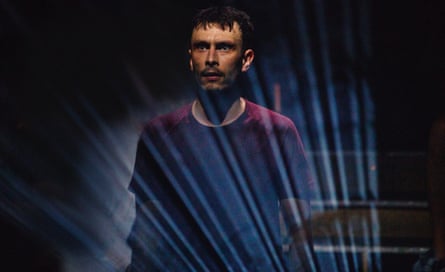
The programme is eclectic, with the “shed-ule” consisting of one-off performances of old and new work from the likes of Sophie Duker, Maimuna Memon and Christopher Brett Bailey. Paying artists’ travel, accommodation, plus a fee or a box office split, whichever is higher – an inversion of the typical method at the fringe – the project is made possible by investors who believe in its ethos. “We wanted to imagine a bit of a utopia,” Moody reasons. “It’s a love letter to the fringe.”
The fringe used to feel like a level playing field. “Once you’re there, the literary manager at the National Theatre can see your show. The theatre critic at the Guardian can see it. I can see it. Now, it’s so much harder to just get there.” She places these struggles against wider concerns about the “death of fringe theatre” – particularly with the recent cancellation of London’s Vault festival – where so much emerging work begins. Shedinburgh is determinedly creating opportunities in spite of these difficulties. “Theatre is my first love,” Moody says. “We want to reinvigorate that sense that the next best play can come from anywhere, and inspire others to do the same.”
-
Shedinburgh runs 1 to 24 August; Ohio is at Assembly Roxy, Upstairs, 30 July to 24 August; How to Win Against History is at Underbelly, George Square, 30 July to 24 August.

 19 hours ago
3
19 hours ago
3



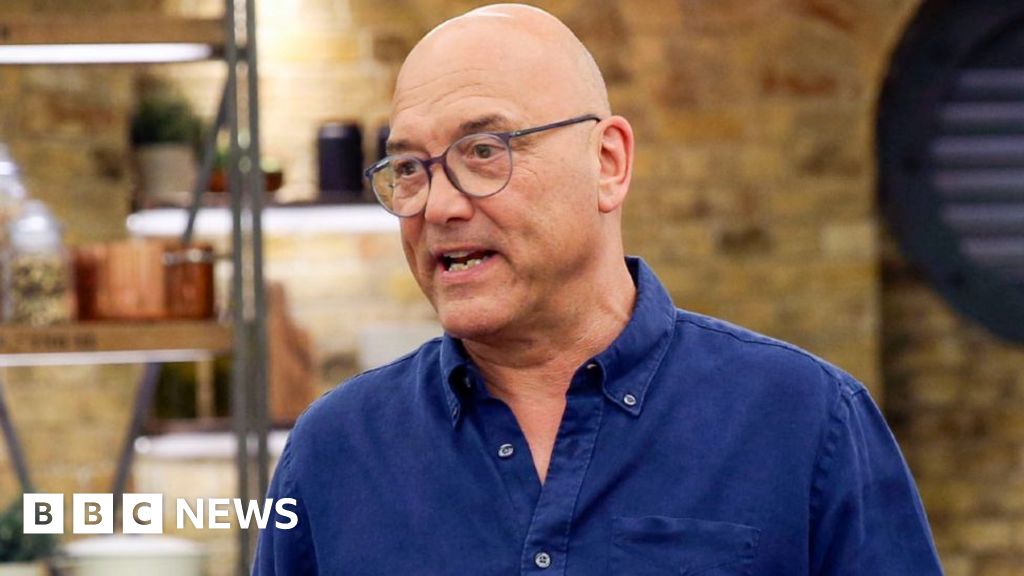


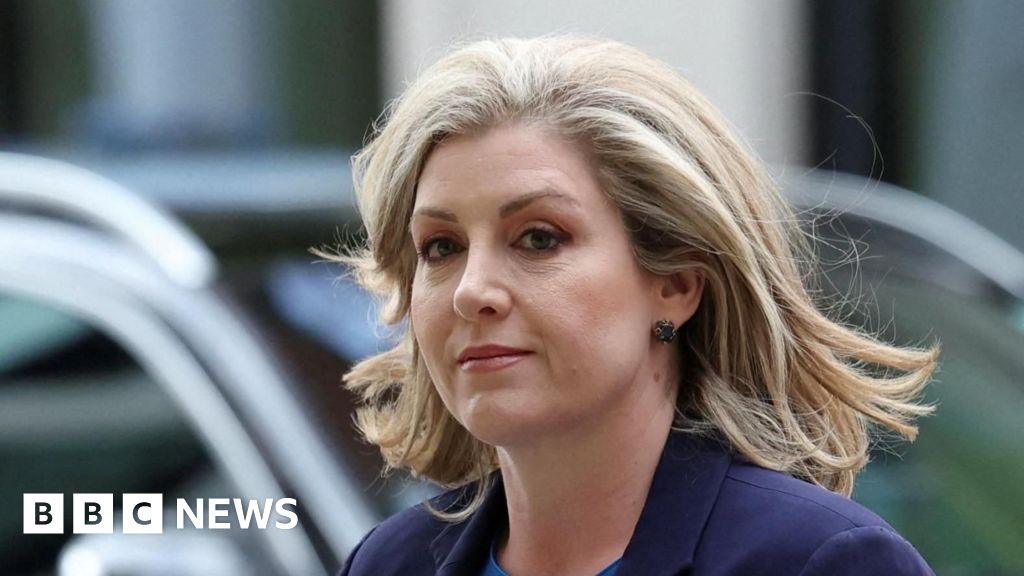
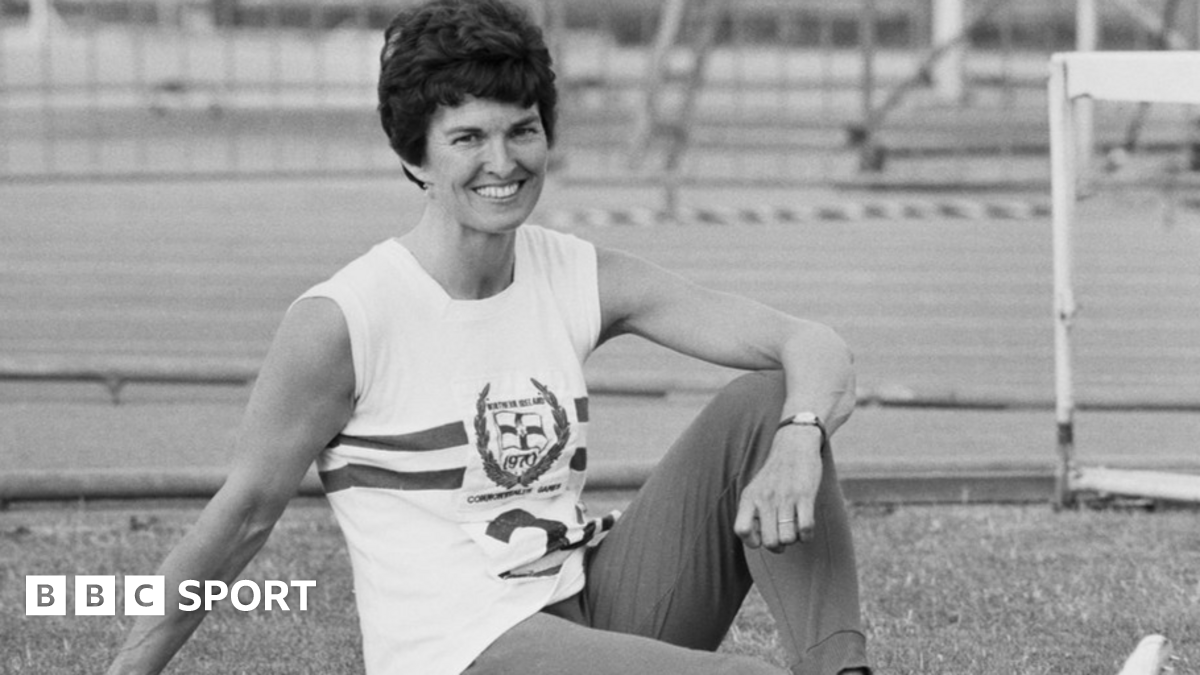


 English (US)
English (US)